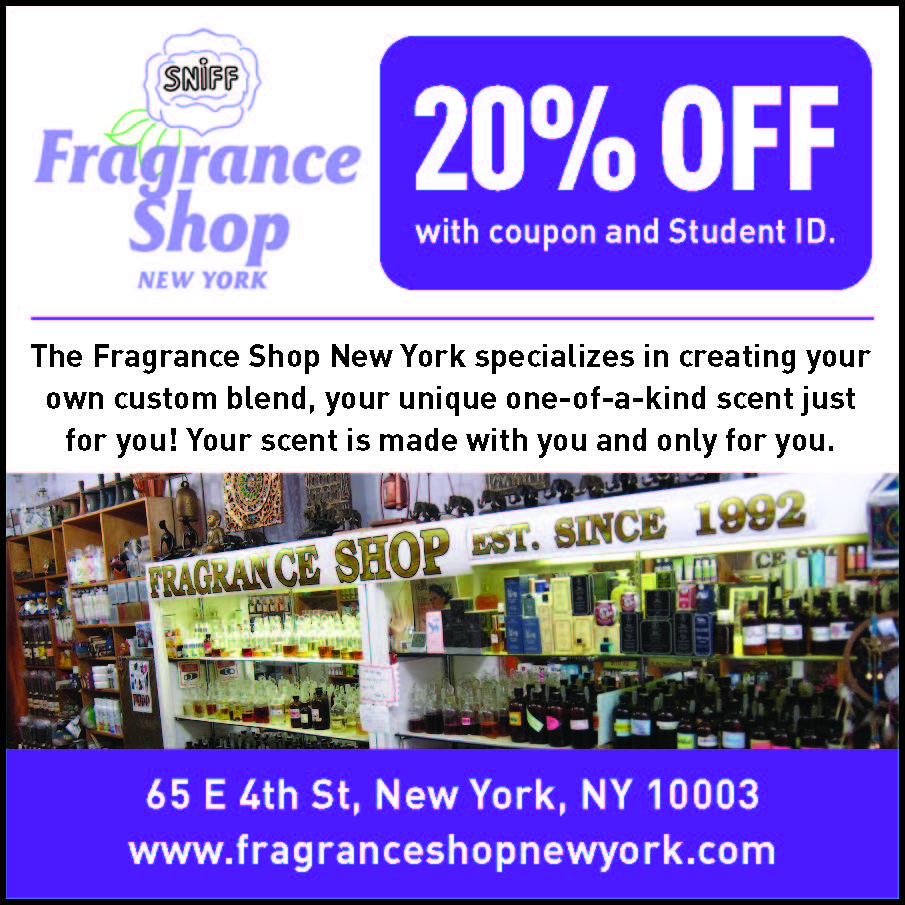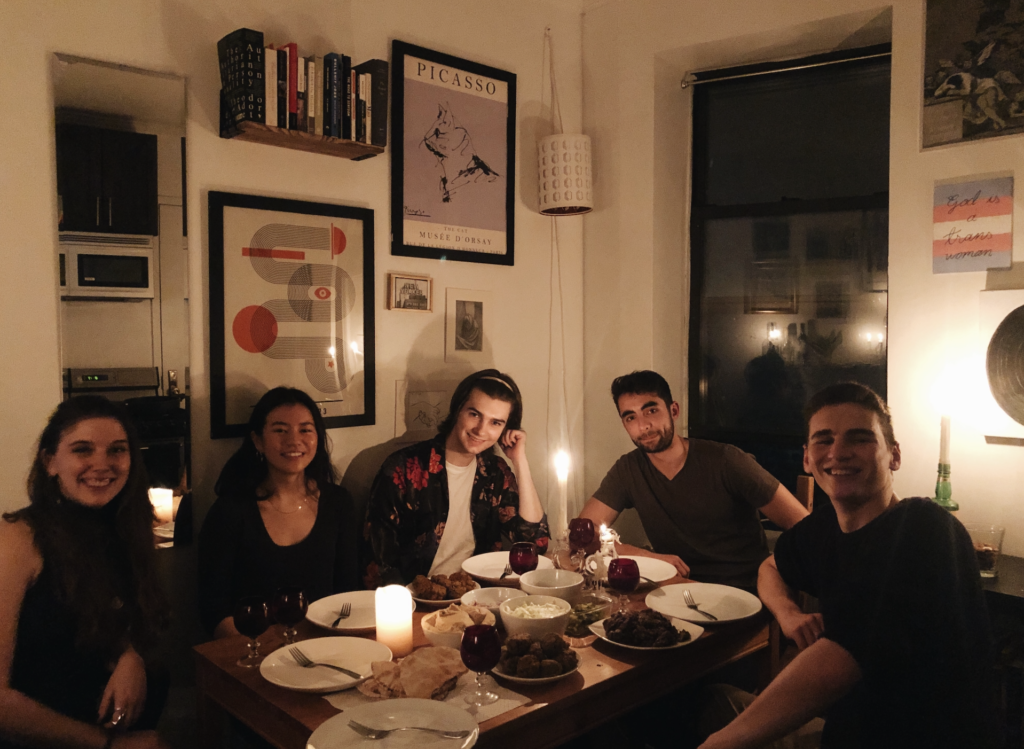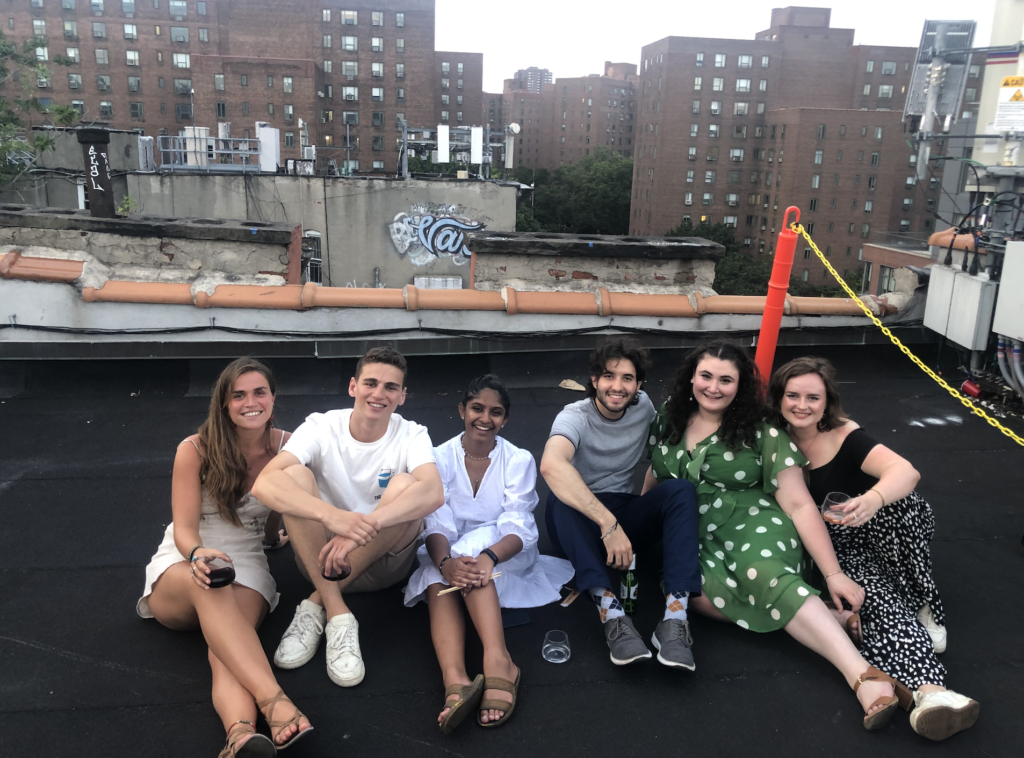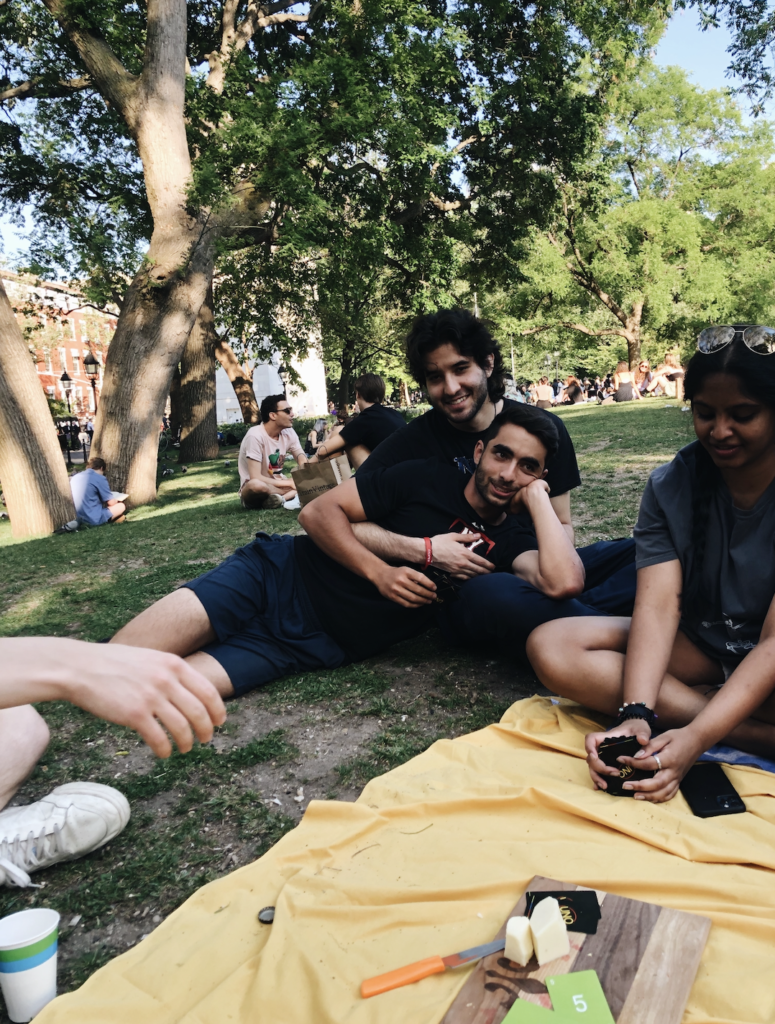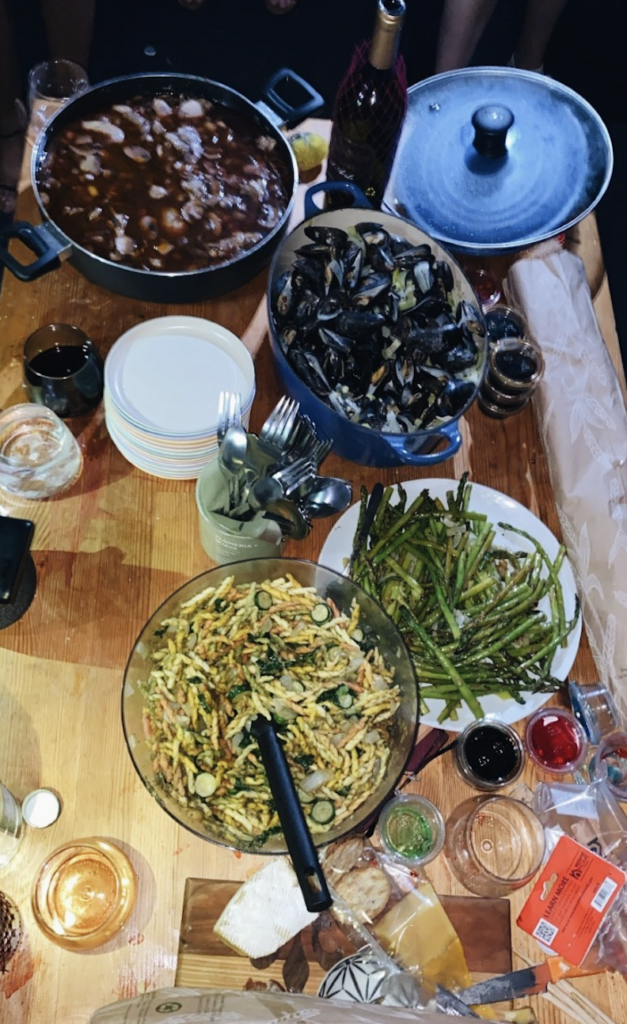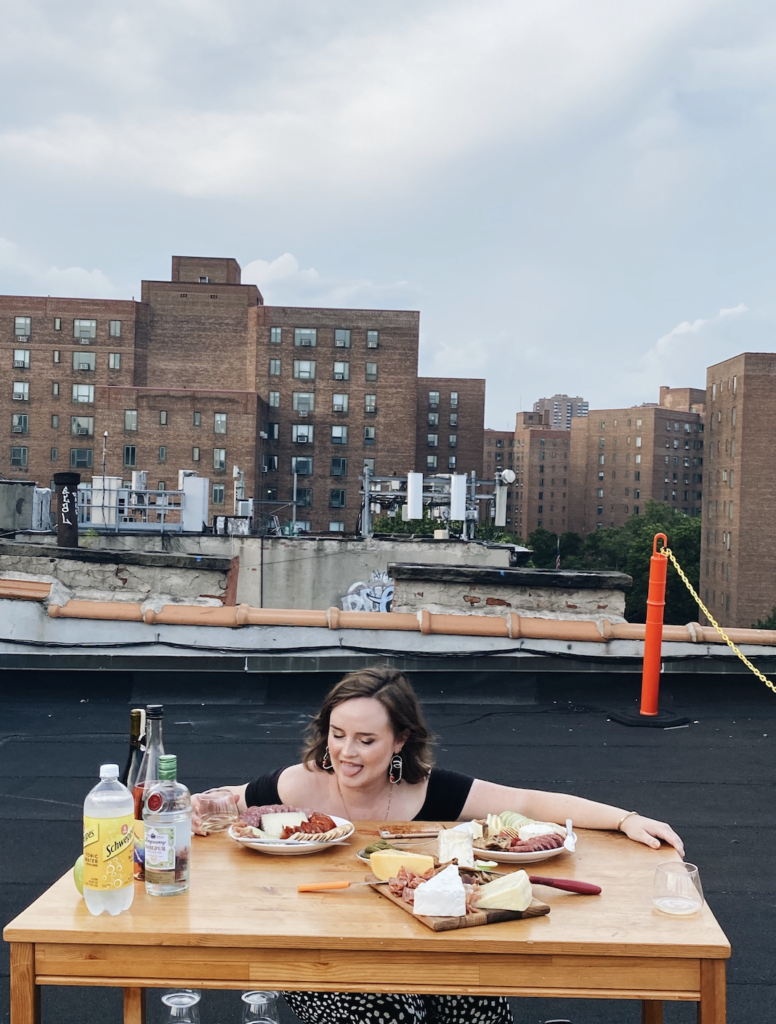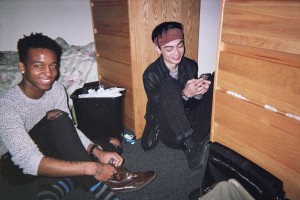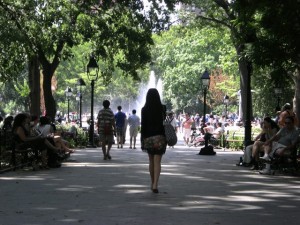
As a certified introvert, I dreaded the first week of classes more than just about anything. My first year of college was easily the worst in this regard: every building, professor, and classmate was totally unfamiliar. In addition to the stress of a new environment and new coursework, there was also the overwhelming anxiety of making introductions. I once believed there was no activity on the planet more tortuous than those first day of class ice breakers. I was appalled by every aspect of them: speaking in front of a group, desperately trying to think of one single interesting thing I did that summer. I spent more time agonizing over what fun fact I would share on the first day than actually reading the syllabus for a new class. I was sure it was a circle of hell designed to punish the shy and introverted.
But somewhere around the second semester of my freshman year, I started to realize that icebreakers were actually an opportunity, not a punishment. For many of us, the hardest part of making friends was always initiating that very first conversation. I could never decide where to start. Every sentence I drafted in my head sounded so stilted and awkward spoken out loud. I also had no idea what to say to someone I knew absolutely nothing about. This is where icebreakers came in handy. They gave me something to open with, because I had all this information, like names and majors and at least one semi-interesting thing that happened to them over the summer. I felt more confident approaching people and attempting to make friends with a starting point in mind. It can be something small, or seemingly trivial, but any common ground is better than none.
One girl in my math class, when asked to share a fun fact, started telling a story about the summer camp where she worked as a counselor. I found myself getting so invested in the story, I completely forgot to rehearse what I planned to say. I was completely focused on her story, and it took all of the pressure off once it was my turn. Had the solution really been this easy all along?
The key to alleviating my anxiety surrounding icebreakers was to pay more attention to other people’s answers than my own. The more I rehearsed what I was going to say, the more anxiety inducing the ordeal became. By focusing on my peers and listening intently to what they had to say, I took myself out of my own head and was able to actually start getting to know new people. I also started to realize that everyone else was seemingly just as nervous as I had been. The more we focus on our internal thoughts, we can allow them to overwhelm us. It took me 18 years of life to realize it, but overcoming my own anxiety was a lot less complicated than I made it out to be.
It may seem too simple of a solution: listen to other people in order to take the focus off of yourself. But as it turns out, it’s just simple enough to work. When you treat ice breakers like an opportunity to learn more about your classmates rather than a punishment created specifically to drive you insane, you will get a lot more enjoyment out of them. And if you’re lucky, you’ll make a few friends along the way.
By Jensen Davishines
Jensen Davishines is a recent graduate from Pace University. They are currently living and working in New York City. Follow their blog as they attempt to help their fellow introverts navigate the intensely social years of college.
